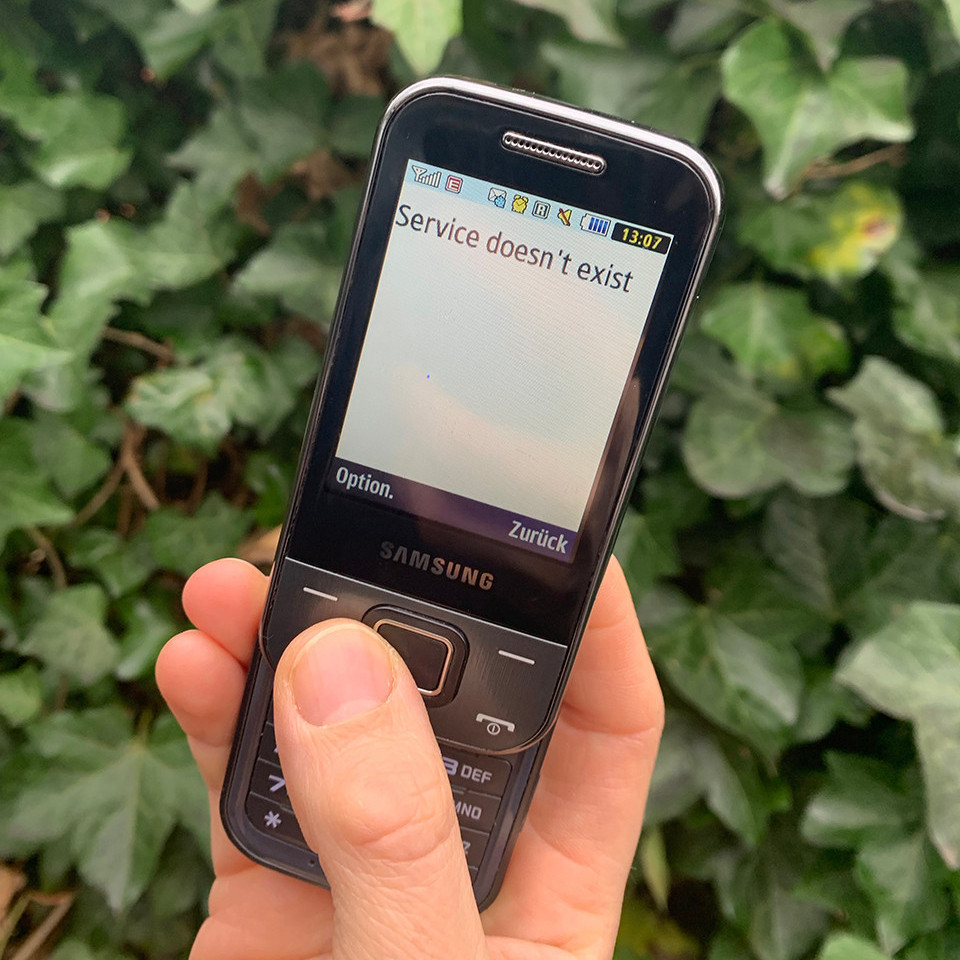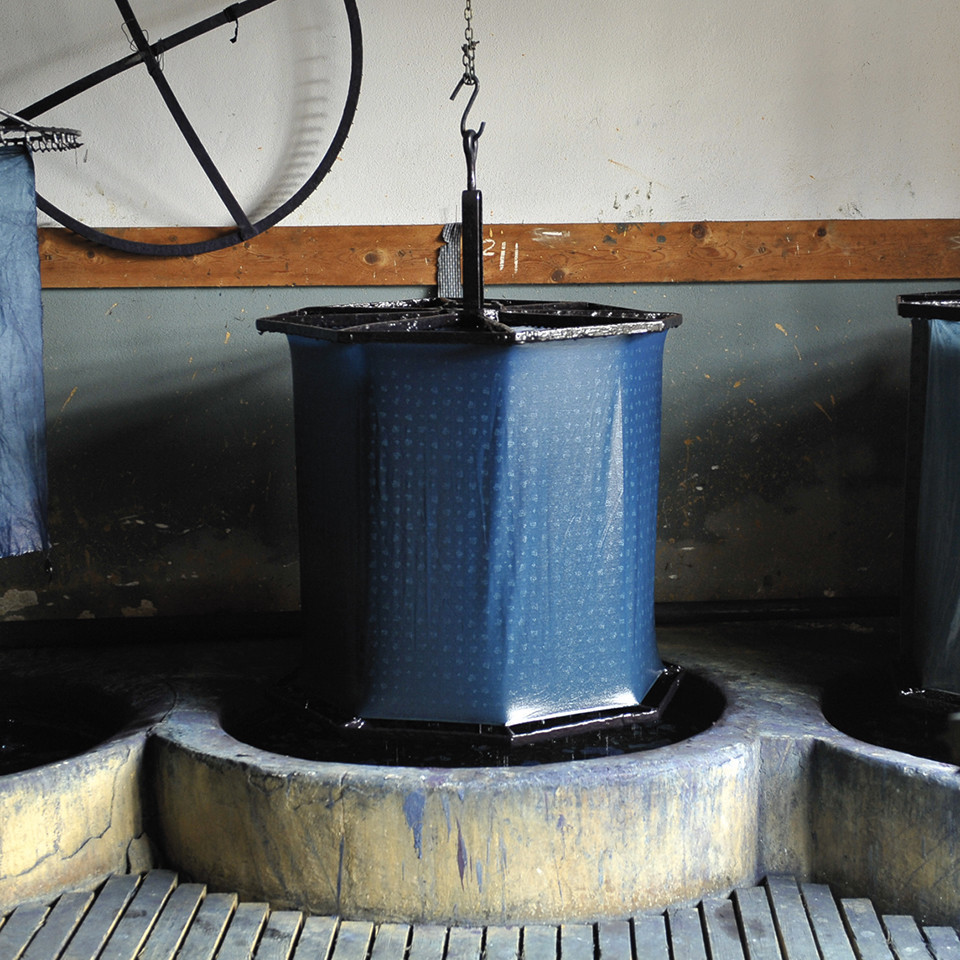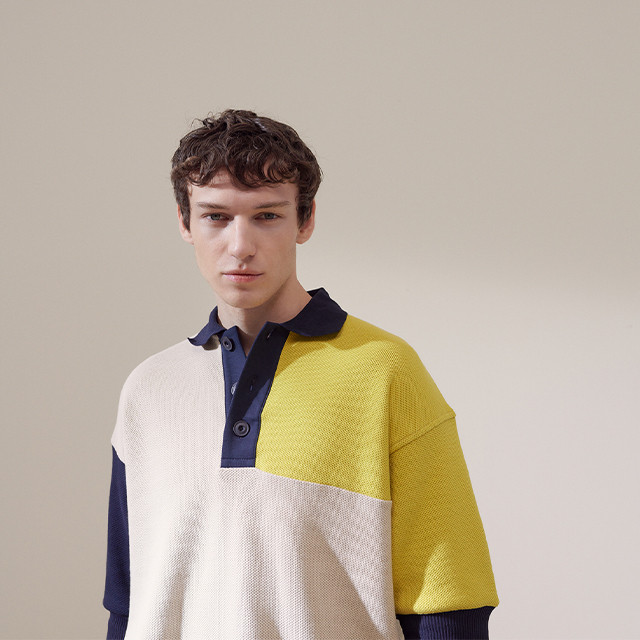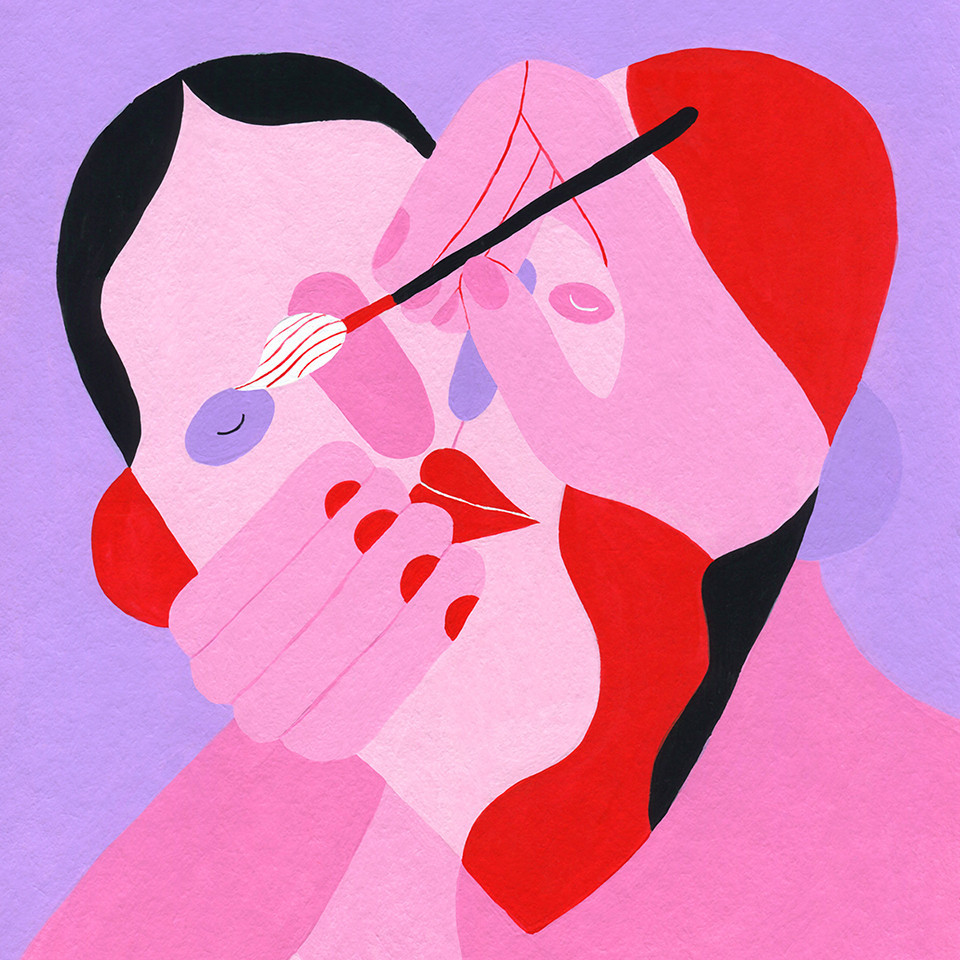
This text was published in HARD COPY 11 / Spring 2021
“Never
let a good crisis
go to waste.”
– Winston Churchill
One question that is probably very much on everyone’s minds is, ‘So what happens after the pandemic?’ What long-term impact will this period have on our everyday lives, the economy, fashion and how we live?
Some things we already know, but now is the perfect time to think about turning utopias into reality and taking concrete action to reshape the world. . .
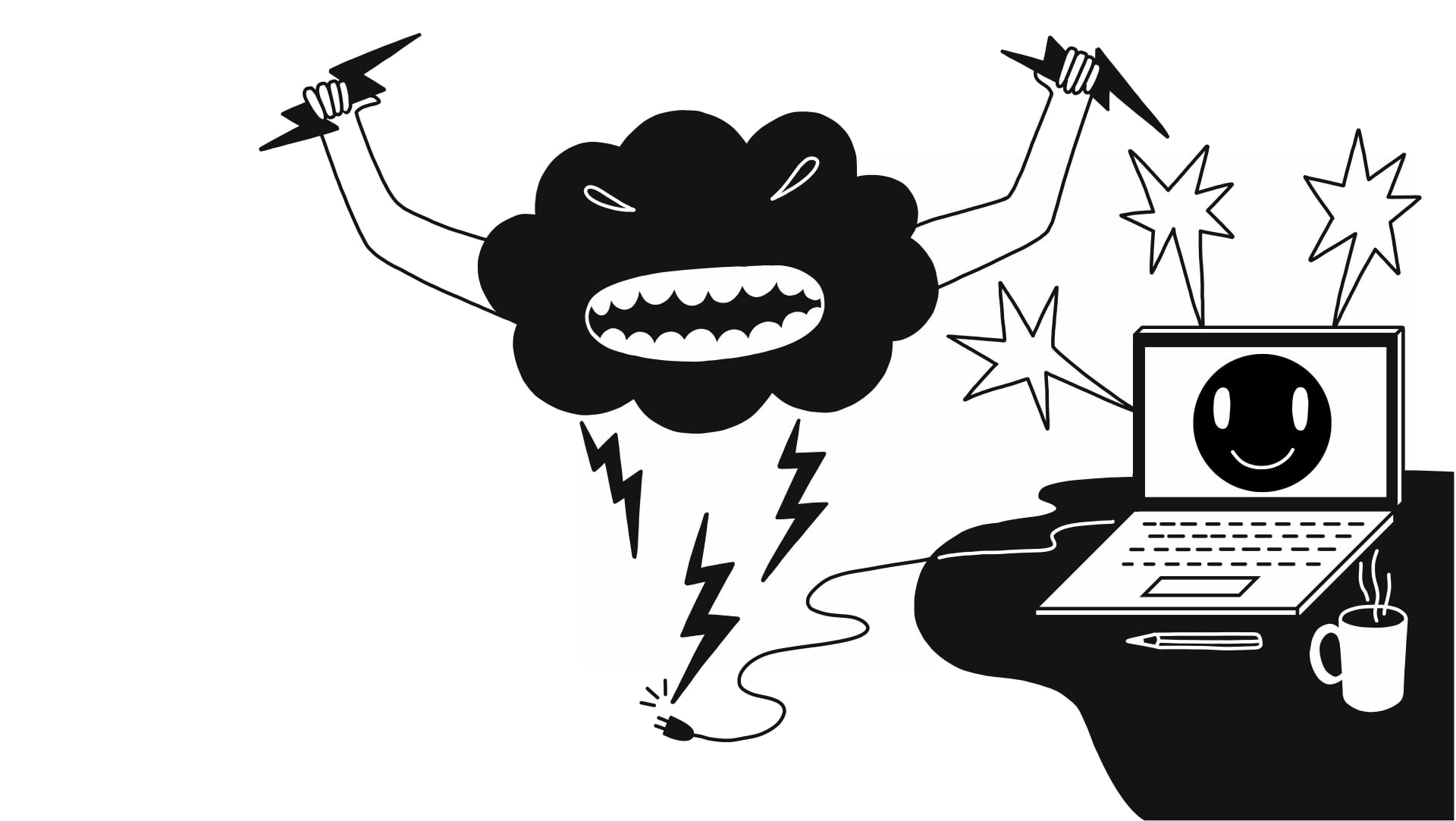
Viewing a crisis as an opportunity is one of those nuggets of wisdom that coaches like to impart – for a significant fee – and which fireside psychologists share if someone grumbles too much. Sure, whatevs, it sounds comforting: keep calm, carry on and learn from your mistakes.
Churchill’s version is a little more strident: “Never let a good crisis go to waste”. At the start of these strange times it may have felt like the virus was in charge, telling the world what to do. Now, several months down the line, it is becoming clear that that isn’t quite the case: each and every one of us can make decisions and help shape tomorrow’s world – the post-pandemic era – both in our personal lives and our jobs. Issues that were there long before Covid-19 popped up have suddenly received a new impetus. Millions of people suddenly had to start working from home, something that researchers and large businesses have been mulling over for years under the heading “New Work”. The switch is something that has enabled companies who were ahead of the game to cope with the crisis better: enterprises that had equipped their staff with laptops and flexible working hours and locations were able to continue seamlessly. They also had answers to the issues of social isolation or how to self-organise in a home setting: staff chats, digital summer parties, organisational tools like Slack or Notion.
There was also a renewed emphasis on sustainability: those who already had a regional focus had fewer problems when it came to supply chain disruption. Those who already had a people-centric approach had fewer problems with remote working. Leaders who had forged a democratically run company were able to tap into the wealth of ideas put forward by all employees.
Those who found themselves sitting at home, in a third-floor flat, with two kids on their laps might have blinked and asked themselves if this were really the life they wanted. Furniture removal companies in cities around the world have been busier than ever since the start of the pandemic. From New York to Milan and Madrid: people want to move to the countryside. Real estate agents are seeing a rise in demand, partly because the pandemic hasn’t hit rural areas as badly and also because everything that is good about city life has come to a standstill. Theatres, clubs, concerts, restaurants? Better not. But all the things associated with country life – walks, swimming, kite-flying, horse riding, letting the kids run free – are the things we are permitted to do now.
We’ve even started taking a fresh look at our social home – our friends and family: who is important? Who do we meet? Some have struggled with a lifestyle without embraces and cuddles, while others have noticed that it can be a relief not to have to give everyone a peck on the cheek. Our relationships are changing: the important ones have become deeper, the superficial ones have been put on hold.

It’s not just workplaces, homes and relationships that are changing – the pandemic has turned entire industries on their heads. The tourism industry has been particularly badly affected, while the fashion sector has been hit in several ways: closed factories, closed shops, disrupted supply chains. The fashion merry-go-round came to an abrupt halt. There was a dramatic shift in demand: cosy jumpers instead of party outfits, yoga pants instead of high heels. Many people had bigger problems than picking a new look. Many didn’t know whether they could or should even afford that new jumper.
International consultants McKinsey had already clocked this impact a month after the pandemic started. Achim Berg, expert for the fashion and luxury goods industries at McKinsey, predicted in April 2020 that corona would accelerate change in the fashion sector. He wrote that this change would include a rising antipathy to business models that produce a lot of waste, and that it would raise expectations for sustainable action and digital change. The crisis opened up an opportunity for fashion to reshape the industry’s value chain, believes Berg.
In the past few months, many have come around to this way of thinking, including customers and experts. Fashion has taken on a new significance for consumers: where it is made is becoming a major factor; its significance and usefulness are being scrutinised, as is the frequency with which we make purchases.
Industry experts like Jefferson Hack, co-Founder and CEO of DAZED Media, swiftly pointed out that we need a new fashion world. “We need to build a new fashion system that is ethical and equal, and empowers young people”, he said in the Guardian. The editor of US Vogue, Anna Wintour, said almost ruefully: “It is an opportunity for all of us to look at our industry . . . and really think about the waste and the amount of money and consumption and excess that we’ve all – and I obviously include myself in this – that we’ve all indulged in. We really need to rethink what this industry stands for.”
Change has long since begun – in our minds and in those of the industry’s movers and shakers. The one thing we need to avoid is being paralysed with fear or simply waiting for the old world to return. We should be slashing our tethers, running free, taking action and bringing about change. Dare to voice new ideas, even those that are long overdue. And to push forward the good ideas. To join forces and work together. Don’t waste this crisis! We may well end up wearing jumpers and T-shirts for a while before returning to blouses and blazers. Who knows? And we’ll probably wear that particular jumper for longer, too. What’s not to like about that?
But one thing is certain: we will wear better jumpers and better blouses. And one day we’ll be able to party again, perhaps even to rejoice in this aspect. We’ll don our organic dresses and get super physical – what a celebration!

Text by Oda Albers, Illustration by Stefan Mosebach
Past Stories
Copy



